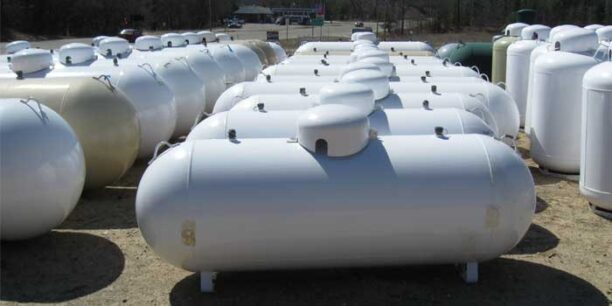Supply Chain Challenges: Strategies for Small Businesses
Small businesses have faced a multitude of challenges in their supply chains, ranging from disruptions in transportation to fluctuations in demand. These hurdles have necessitated strategic adaptations to ensure operational continuity and customer satisfaction. Here, we present a variety of practical strategies for small propane business owners to help them navigate supply chain challenges more… Continue reading Supply Chain Challenges: Strategies for Small Businesses


